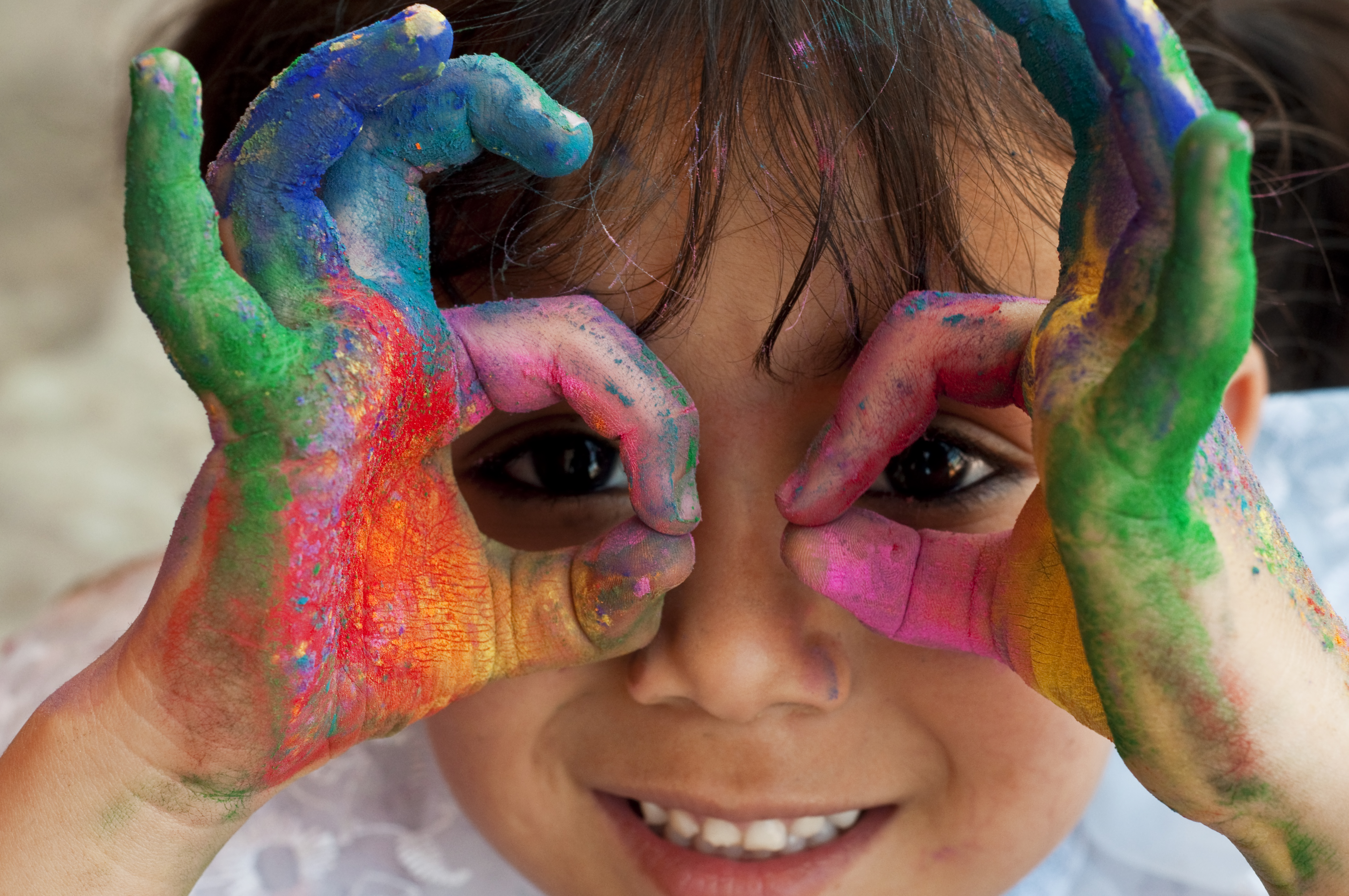Emerald’s Associate Publisher Sanna Zahoor talks to Goof Buijs – Manager at UNESCO Chair Global Health and Education – as he highlights the continuing blight of global poverty, the complexity behind what causes it and the new global challenges involved in reducing it.
Hi Goof. As manager of UNESCO Chair Global Health and Education, what’s your mission?
Our vision is to create conditions for children and young people which allow them to take charge of their lives; as individuals, members of their community and global citizens. This can only be done if the health and education sectors unify to shape health promotion, education and prevention.
Our activities include creating a map of key players around the world, contributing to innovative research programmes, building capacity through training and consultancy, and sharing knowledge through websites and across social media.
What inspired your partnership with Emerald?
GB: Didier Jourdan – Chairholder of the UNESCO Chair Global Health & Education – and I have been members of the editorial board of Health Education for many years. We realised that both Emerald and the UNESCO Chair have much in common when it comes to knowledge production and sharing in the field of health, and that a collaborating would be a great opportunity. Subsequently, the creation of the ‘Global Health and Education webinar series’ in Spring 2020 has provided an exciting foundation for our partnership.
Why do you think health and education are important for an inclusive society?
They are undisputable rights for children. Improving health and well-being for young people, while reducing health inequalities, are a joint responsibility, while education also has a key role to play, because 80% of a person’s health relies on environmental factors and lifestyle. It is time to develop new synergies in order to improve young people’s health. This is a prerequisite if we want to create an inclusive society where no child is left behind.
What do you think the main barriers to health and education are?
All barriers are related to the life ecosystem of children. We can distinguish three main factors: individual, environmental and global. Individual aspects include biology (gender, ethnicity and illness), psychology (self-image, social skills and risk management) and lifestyle (physical activity, sleeping, eating, alcohol, smoking and sexual behaviour).
Factors in the environment of children include family (socio-economic, class, attitudes and parenting), school (climate, inclusion and leadership practices), the neighbourhood (facilities, community and support systems) and the physical environment (housing, pollution and safety). Global factors include social and cultural values, the political landscape, economic conditions and the level of services.
It is clear from research that all these dynamics have an impact on the general development of children and as they become adults.
What are the main steps that society can take to improve inclusion through health and education?
We must create conditions for the optimal development of children by looking at living conditions, such as physical and social environment and access to services. There must also be education for all children, so that everyone has the means to take charge of their own health in an autonomous and responsible way. To promote equity, we need to strengthen the common good.
Evidence suggests that healthy young people are more likely to learn effectively, and that health promotion can help schools to improve educational attainment. Also, young people that attend school have a better chance of good health, while those that feel connected to their school and significant adults are less likely to undertake high risk behaviours and more likely to achieve better learning outcomes.
Often with poverty, there is a vicious cycle. How can access to healthcare and education can help lift people out?
Having access to high-quality healthcare and education is essential in helping people move up the societal ladder. The COVID-19 pandemic demonstrates that those in poverty are suffering the most. It shows that big changes are needed in all our societies as we strive to promote equity.
Which international areas will UNESCO be focussing on the next few years?
We are focusing on building a global community of key players in the field of education and health. At the same time, we are developing a new global research strategy to better prepare schools for future outbreaks and disasters.  We can only do this by sharing knowledge with experts all over the world. This is one of the major reasons for creating the Global Health & Education webinar series and it is great to have Emerald Publishing as one of our key partners.
We can only do this by sharing knowledge with experts all over the world. This is one of the major reasons for creating the Global Health & Education webinar series and it is great to have Emerald Publishing as one of our key partners.
Emerald’s journal Health Education is the official journal of the Global Health and Education webinar series and aims to support UNESCO's mission of sharing knowledge to support the global community.

